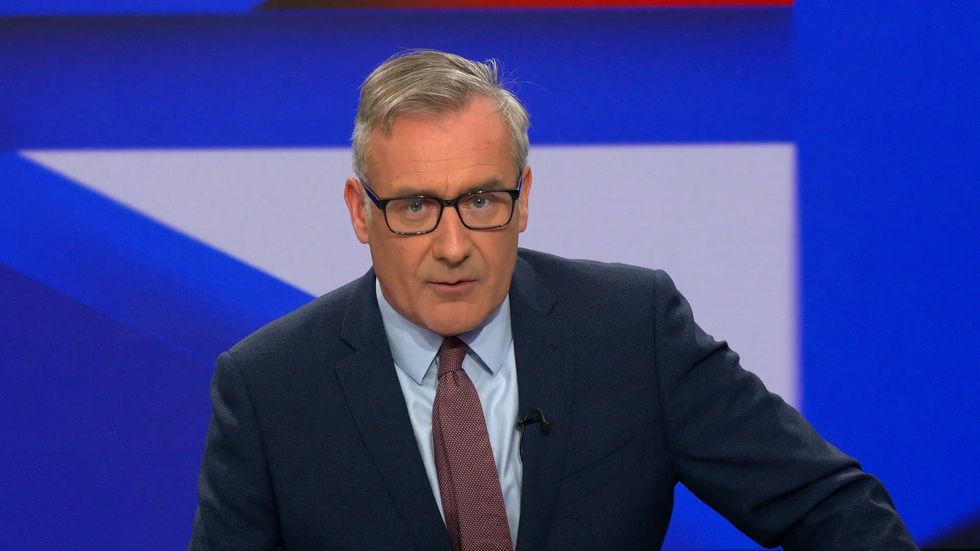Colin Brazier: McDonalds are proof of the virtues of capitalism

Colin Brazier

45p. On this day in 1974, that’s what customers who went to the opening of Britain’s inaugural Mcdonald’s paid for a burger with fries and a shake. Since that first restaurant opened exactly 47 years ago today, the American chain has grown like topsy.
There are now more than 1,400 McDonald’s, employing 130,000 people across the country. Is there any brand in Britain which excites stronger feelings?
For many Britons those golden arches make for a tawdry logo, shorthand for capitalism gone wrong. Synonymous with unhealthy food. A byword for the exploitation of staff. So much so that when people sought a new way of describing precarious employment without prospects the word they lit on was MacJob.
The company has been assailed on numerous fronts. I was one of many who read and was horrified by a book written 20 years ago by Eric Schlosser called Fast Food Nation, an excoriating account of how meat was produced for McDonalds. In 2004 there was an infamous documentary, Super Size Me, which chronicled how your health will deteriorate if you’re daft enough to eat McDonald’s three times a day, every day for a month. But the critics are mistaken.
They’ve ignored how McDonald’s has responded to pressure. Not because the managers who run it are moralists, but because they’re capitalists. Because they know that in a cut-throat sector, you have to adapt to prosper. Right now they’re phasing out plastic toys.
They’re not afraid to experiment either. In Coventry they’re trialling McPlant veggie burgers. Their answer to questions about nutrition was to be more open about their food than pretty much any food outlet in history.
People who work there often now speak highly of the training, the pay and the work culture.
Personally, I’d rather eat my own toe-nails. But, to paraphrase Voltaire, I would defend to the hilt the right of people to order as many Big Macs as they like. A lot of the company’s critics ignore certain realities. If you’re a single Mum, living in a tower block, there aren’t many welcoming places you can take the kids to eat, cheaply.
In how many restaurants in Britain is it possible to feed a family of four for less than twenty quid.
For many younger people, especially in deprived communities, a McDonald’s is an oasis. That will sound preposterous to some people, but not to anyone who’s grown up in a part of Britain politely described as left behind. And the great trick of McDonald’s is its broad appeal.
My kids aren’t underprivileged, but when my 18-year-old passed her driving test what was the first thing she wanted to do, the first expression of freedom to go where she liked? She picked up a friend and drove straight to the nearest McDonald’s drive thru. It’s a new rite of passage apparently.
As a company, its size makes it an easy target. In recent months animal rights activists linked to Extinction Rebellion have been blockading some McDonald's production facilities. This has been happening on out-of-the way industrial estates, with security guards on hand and backed up by the police.
They’ve had some success in choking-off the supply of burgers. But it’s worth noting the activists are reluctant to take their anti-McDonald’s message direct to the public, to the restaurants that have been serving meals in Britain for exactly 47 years.
It’s one thing to block the M25, but try glueing yourself to the counter of your nearest McDonalds and you’ll quickly find that the Great British Public will not easily be parted from their favourite fast food.